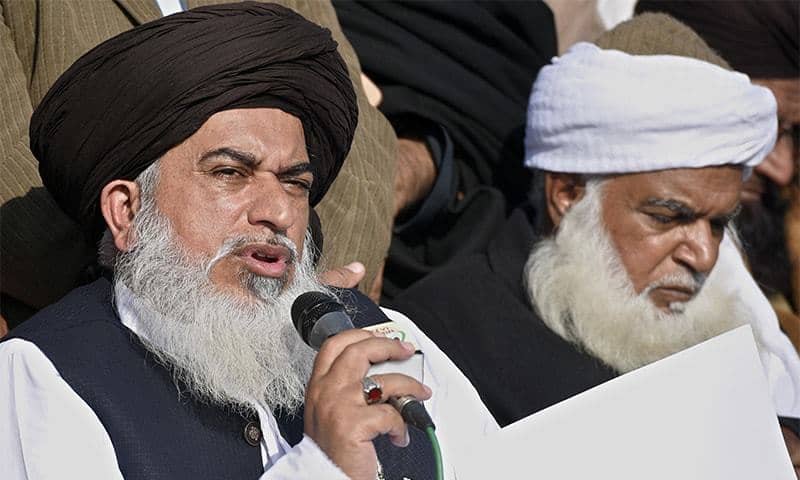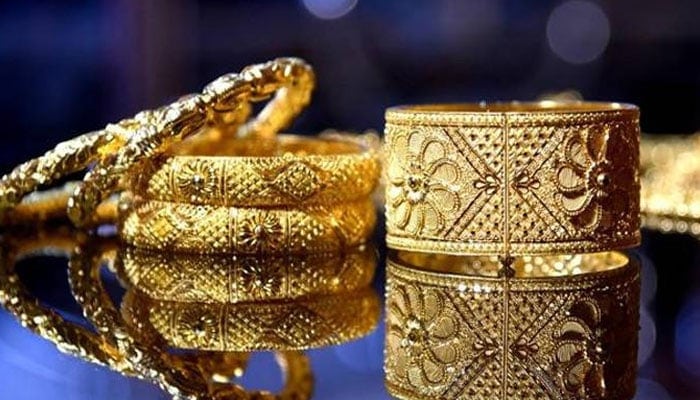The deal is good. Let me say this again: the deal is good.
There is a widespread impression among Pakistanis that their government has capitulated again in front of a few thousand rioting extremists who paralyzed the world’s sixth largest nuclear-armed nation.
There is no denying that Prime Minister Imran Khan’s televised speech to the nation on Oct. 31 was bold and historic. He warned extremists not to challenge the state. He made history again by getting unconditional support from the opposition to take on extremists.
But then there is disappointment that Mr. Khan’s aggressive pushback was not supported by some members of his party and within Pakistani law enforcement. This impression comes from the fact that Pakistani law enforcement did not crush the protests and instead compromised.
Yet, the deal that called off protests is good. Asia Bibi is safe, for now. The verdict is irrevocable, based on facts, though it will be appealed. She’s reportedly reunited with family. Extremists have let off steam. Major bloodshed was avoided, and the crisis is delayed for another time.
Granted, the perception of State power is partially damaged, especially when no action was taken against extremist leaders who threatened to kill judges and generals. But no Pakistani premier dared say to extremists what PM Khan said. The message stands and is backed by law enforcement. The leaders of the extremist groups know this.
Whereabouts of Asia Bibi are not clear, and Islamabad is deliberately keeping it under wraps for her safety. A violent crackdown and the resulting bloodshed could have brought down the government of PM Khan. Sources in law enforcement agencies suggest there was a plan to exacerbate violence to hasten Mr. Khan’s downfall. They say the Sharif loyalist faction within PMLN, the party of former premier Nawaz Sharif, planned to push arsonists into streets. The PMLN is a party of respected veteran politicians but it is led these days by a reckless younger branch of the Sharifs not beholden to saner elements within the party.
A bigger problem facing Pakistani decision-makers now is how to deal with the fallout. The extremists are more emboldened today than at any other time since 9/11. They refuse to accept the possibility that someone can be acquitted after being charged with blasphemy, and feel executing Asia Bibi is the only option. Either this or someone kills her extrajudicially like the sixty other Pakistanis accused of blasphemy and murdered before trial in recent years. At the heart of this debate is paranoia among Pakistani extremists that Islam is under threat and the misperception that foreign pressure protects those who commit blasphemy.
Interestingly, most Pakistanis and more than a billion Muslims worldwide don’t share this paranoid extremist outlook. There is no report so far of Muslims outside Pakistan being mobilized by Bibi’s acquittal.
Pakistani extremists see the Bibi case as one of the grand decisive intellectual battles for Islam. However, the truth is that it was a brawl between a group of low-educated house cleaners that morphed into a blasphemy case, likely because Bibi is Christian.
Pakistani officials hope the extremists have let off steam and will calm down in the days ahead and let it go. But if the polarization continues, this spells trouble for Pakistan. Mr Khan’s government is trying to reinvent the country internationally, reform economy and politics, and stem endemic corruption. For the first time since 1999, there is hope among Pakistanis. But extremist violence could derail this.
The damage is not limited to Pakistan. Pakistanis living in Muslim countries face a lot of ridicule at the extremism and petty religious debates that divide the country when other Muslim destinations, like Dubai, Malaysia, Turkey and Saudi Arabia, refashion themselves as successful Muslim models.
The protests have already pushed investors from America and the Middle East to cancel trips to Pakistan, businessmen report.
Islamabad is planning to put cities like Gwadar and Karachi on the international map as business destinations, but this will not be possible if religious extremism continues to lead global headlines from Pakistan as it did for most of this week.














